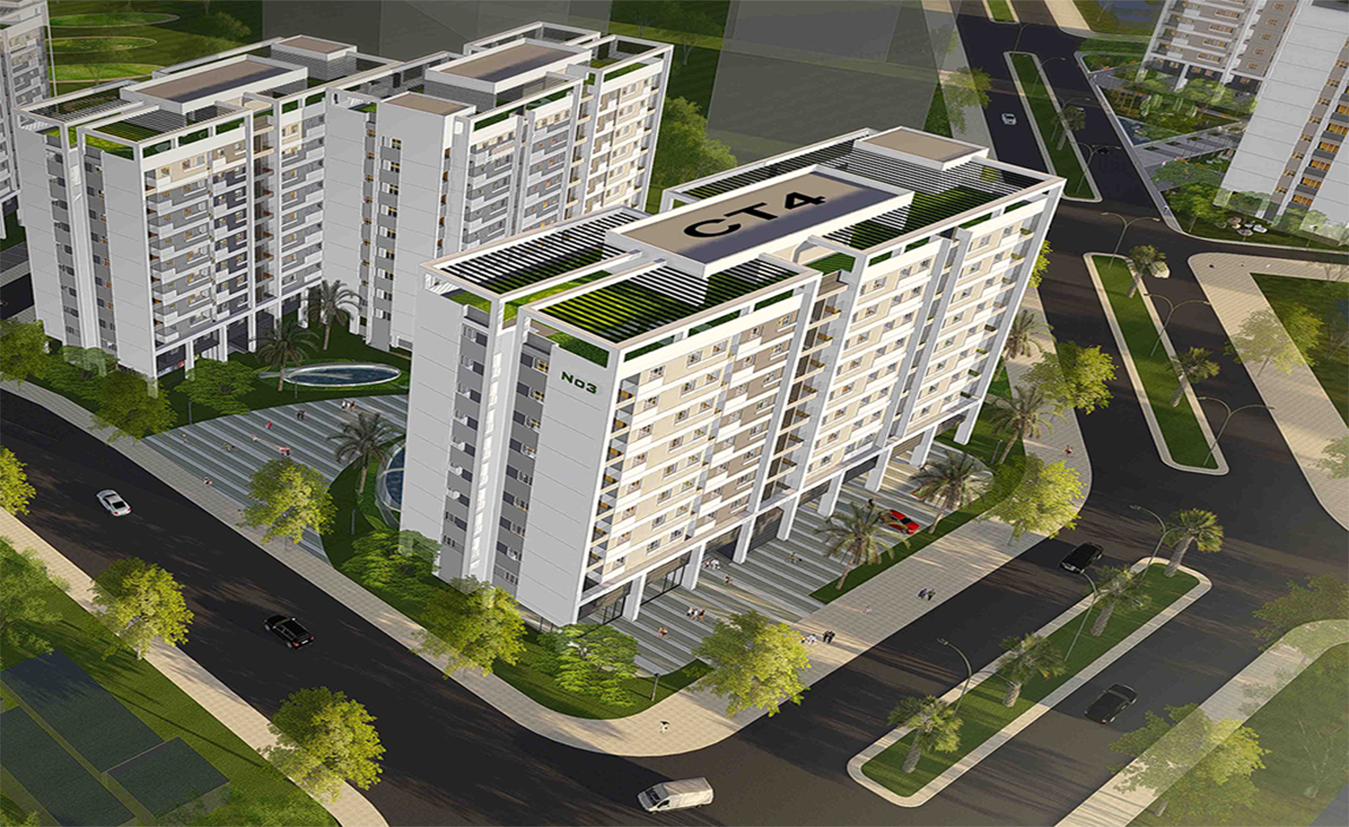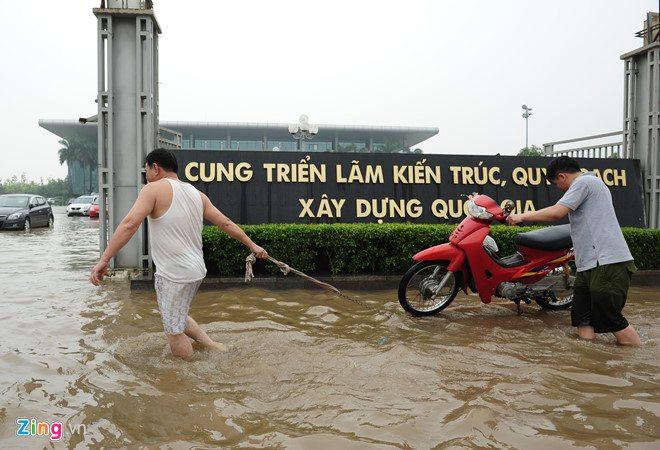The Housing Law of 2014, effective from July 01, 2015, comprises 09 Chapters and 153 Articles. Compared to the Housing Law of 2005, it has increased by 04 Chapters and 26 Articles.

The Housing Law of 2005 was enacted and applied for 8 years, achieving many accomplishments. However, there are still many limitations, such as the inconsistencies and lack of synchronization with other regulations like the Civil Code, the Real Estate Business Law, and the Investment Law. The provisions of the 2005 Housing Law did not truly meet the conditions for socioeconomic development at present nor fully satisfy the housing needs of the people. Therefore, the 2014 Housing Law was introduced to overcome these limitations of the 2005 Housing Law, providing a significant step forward in socioeconomic development.
Firstly: The 2014 Housing Law has narrowed down the scope of adjustment compared to the 2005 Housing Law. The 2014 Housing Law only governs the ownership, development, management, use, transactions, and state management of housing in Vietnam. For transactions involving the sale, lease, and lease-purchase of commercial housing by real estate businesses and cooperatives, the 2014 Real Estate Business Law applies. The narrowing of the scope by the 2014 Housing Law is intended to align with the 2013 Constitution, ensuring consistency and avoiding overlap with other legal provisions. Moreover, transactions of commercial housing used for sale, lease, and lease-purchase by real estate businesses and cooperatives are covered under the Real Estate Business Law, thus are not regulated by the Housing Law anymore to maintain consistency and avoid duplication.
Secondly: The Housing Law specifically defines the timing of ownership transfer for housing transactions to fit each type of housing. Specifically:
- For sales of housing between project developers and buyers, the ownership transfer time is when the buyer receives the house or completes the payment to the developer.- For sales of housing not involving project developers and lease-purchase cases, the ownership transfer time is when the buyer or lessee has fully paid and received the housing, if not agreed otherwise.- For contributions, gifts, or exchanges of housing, the ownership transfer time is when the recipient receives the housing.- For inheritance cases, the ownership transfer time is from the opening of inheritance according to estate law.
Thus, the 2014 Housing Law defines ownership transfer timing based on the handover and financial obligations performance rather than administrative procedures registering ownership with competent state bodies. Currently, registration serves state management purposes, not as a precondition for ownership recognition. This approach protects buyers' rights, preventing sellers from obstructing the transfer of ownership even after payment and handover have occurred, thereby reducing ownership disputes.
Thirdly: The most notable feature of the 2014 Housing Law is the expansion of eligible subjects to own housing in Vietnam. Specifically:
- The law added households as eligible subjects for housing ownership, recognizing their significant role in civil transactions and aligning with provisions in the Civil Code, Land Law, and Real Estate Business Law, ensuring legal consistency.- Additionally, the 2014 Housing Law expands ownership conditions for overseas Vietnamese and foreign entities. Overseas Vietnamese with entry permission could own unlimited quantities and types of housing. Foreign entities, including foreign-invested enterprises, branches, representative offices, investment funds, and foreign bank branches operating in Vietnam, may purchase, lease-purchase, receive as gifts, inherit, and own up to 30% of apartments in a building, or up to 250 houses in an equivalent administrative area.
After 8 years of the 2005 Housing Law and a 5-year pilot scheme allowing foreign organizations and individuals to own housing in Vietnam (based on Resolution 19/2008/QH12 dated June 3, 2008, of the National Assembly), strict conditions showed that Vietnam had not yet significantly attracted foreign investment in the current economic integration context. Expanding housing ownership conditions for foreign individuals and entities could facilitate their lives and boost their confidence in investing capital, technology, and experience in Vietnam, thereby promoting domestic construction, generating employment, and driving economic growth.
However, to ensure national defense and security, the law imposes strict regulations: foreign ownership is restricted to non-defense and non-security areas, limited to a 50-year term (extendable by the Government of Vietnam), and subject to ownership quotas.
Additionally, the 2014 Housing Law expands eligibility and policies for social housing ownership, ensuring all citizens' constitutional right to homeownership. Specific measures include government support for social housing leasing, lease-purchase, preferential loans, and land allocation with reduced or exempted land levies. To prevent disputes and protect buyers, the law stipulates that advance payments for social housing purchases should not exceed 70% before handover, and 95% before issuance of ownership certificates.
In summary, the 2014 Housing Law addresses the limitations of the 2005 Law, making significant improvements to the real estate market, unlocking public capital, and ensuring citizens' housing ownership rights. Its introduction aligns with the 2013 Constitution, ensures consistency with other laws like the Real Estate Business Law, Land Law, and Construction Law, enhancing the unity of Vietnam's legal system and supporting current economic integration.
Source: Vietnam Legal Assistance
 Article table of contents
Article table of contents





.Medium.png)
.Medium.png)
.Medium.png)
.Medium.png)
